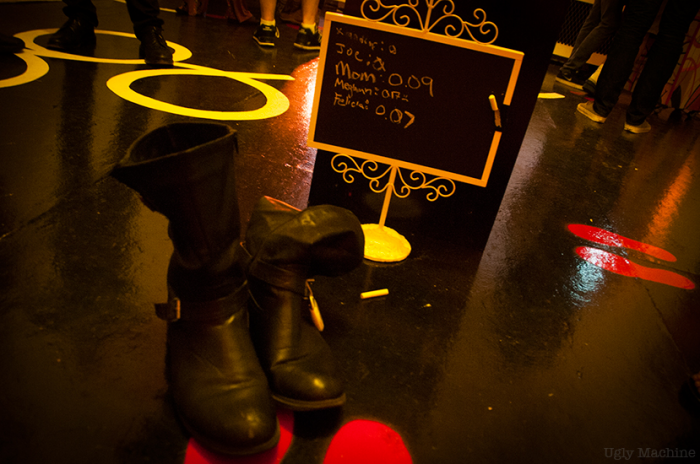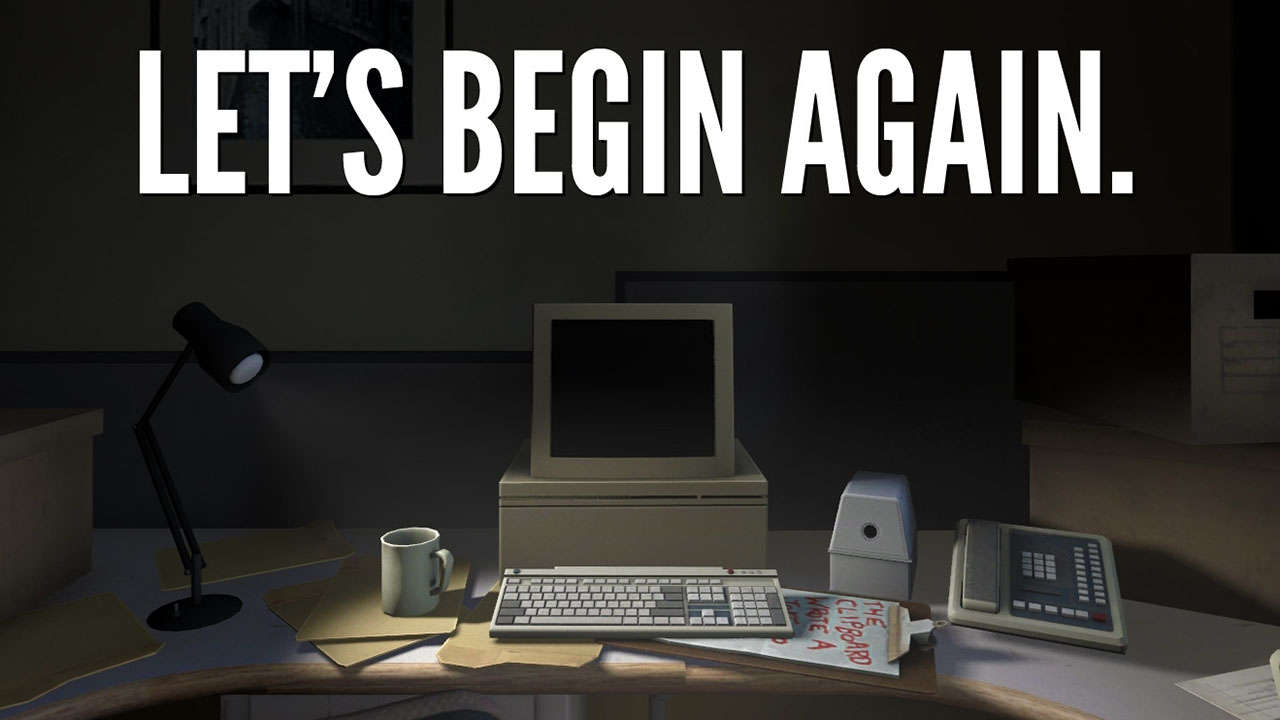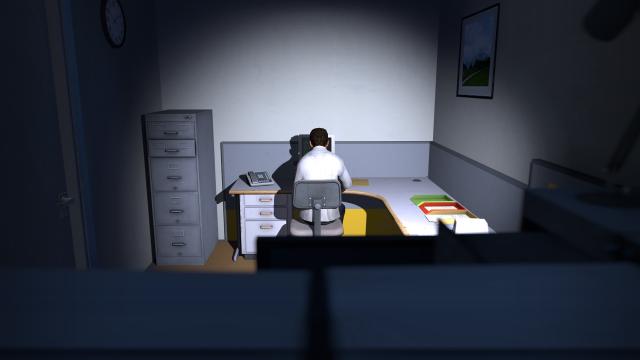The weekend is almost here. You’ve got this. I’ve got this. We’ve got this. Before Friday rolls to an end, here’s another instalment in Worth Reading, our weekly guide to some of the best writing about games happening on this ol’ Internet.
Hey, You Should Read These
As further evidenced by Everybody’s Gone to the Rapture composer Jessica Curry’s blog post today, making things is hard, and it’s difficult to talk about those challenges. The two essays I’m highlighting below, one of which is from 2014, are about the risks of success. In Anna Anthropy’s case, her most renowned, dys4ia, won’t leave her alone, despite efforts to move on. In Davey Wreden’s case, the financial and critical success of The Stanley Parable prevented him from talking about how he was feeling, for fear of be mocked. Neither of these problems are exclusive to games, of course, but it’s a good reminder there are humans behind the things we enjoy every day, and they have problems, too.
There are excerpts from both pieces below:

“I hate dys4ia. I hate that this early work about hormone replacement therapy has eclipsed everything I’ve done since in terms of press, of exposure, and of money. Recently a trans teen emailed me to say that by putting dys4ia behind a paywall (as I finally did almost a year ago), I’m depriving trans youths of an important resource. The truth is that dys4ia accounts for a significant portion of my income. It sells better and more consistently than anything else I’ve ever made, save some of my books. I would delete the game if I could afford to.”

“Basically here’s what happened: after the launch of Stanley Parable, I became a bit depressed. Largely this is because in those months, SO much attention was directed at the game and at me personally. And while I could not even begin to put into words how utterly grateful and astonished and humbled I am by the enormous response to Stanley Parable (all of you are the reason I can now devote my life to this kind of work), those months after launch were intensely intensely stressful.
People don’t just play your game and then shut up, they will come back to you in force and really let you know how it made them feel. The vast majority of the response to stanley was extremely positive, some of it was also extremely negative. I had emails from people who told me I had forever changed the way they saw the world, emails from people who wanted me to know I was a spineless coward who should hate himself, emails from people asking for advice and for tech support and to look at their work and just talk about what they’d been up to, emails from fans and journalists asking over and over and over and over and over where the idea for the game came from, until the answers to those questions simply became stock and lost their meaning and even I began to lose track of where the idea had actually come from. Thousands of people asking you to carry some amount of weight for them, to hear them, to talk to them, to tell them that things are going to be ok, to not turn them away.
I tried, I did the best I knew how to do, but after a certain point the many little requests added up and their collective weight broke my back. I couldn’t do it any more. I couldn’t talk to more people. I couldn’t continue to use other peoples’ opinions of myself to feel good about myself and about my work. Every time I turned to someone else’s opinion of the game, I felt less sure of my own opinion of it. I began to forget why I liked the game. I was losing the thing I had created.”
If You Click It, It Will Play
Oh, And This Other Stuff
- Chris Bateman dug into different ways games have measured how many hours it takes to “beat” as a means of judging the value of an experience.
- Jordan Minor explored the strange but interesting world of people making movies with Valve’s Source Filmmaker tools.
- Martin Robinson interviewed Yu Suzuki about how happy he is to be working on Shenmue 3 and what the game’s reduced budget really means.
- Todd Harper mulled the complicated set of questions raised by suggesting Destiny‘s Oryx is transgender. (This is in response to a piece at Polygon.)
- Vikie Chang spoke with The Binding of Isaac‘s Edmund McMillen about the anxieties of making video games and how he’s come out on the other side.
- Will Parton reviewed the subversive Prison Architect and wasn’t impressed with the design choices focused on “fun.” (I suspect people may disagree!)
- Maddy Myers contemplated what Resident Evil and other horror media say about the problems of simply being human.

Comments
One response to “What Happens When You Hate The Thing You’ve Made”
Still going on about Sad Satan (last vid linked)? A lot of evidence points towards the owner of the youtube channel (Obscure Horror Corner) having made that game. The way he said he got the game from the deep web, gave a dead .onion link and then changed the link again because of reasons… Its just a walk made with some free horror engine shaders and effects. Nothing spooky about that